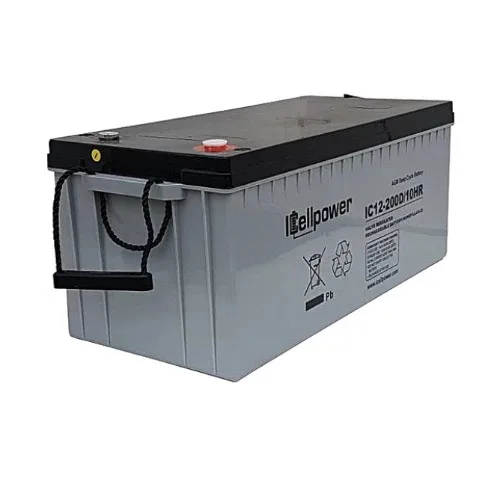The excess solar energy that your panels create that you don’t use right away is stored in solar batteries so that you can access it later.
You see, the time of day at which your home uses the lowest amount of electricity is also the period when solar panels create the greatest electricity. The electricity supply receives the extra solar energy from a typical grid-tied solar system.
Once solar panels are combined with a home battery, electricity generated is diverted to the battery rather than the power system. Whenever the sun sets and your panels stop generating electricity, you can even use the energy stored in your battery so rather than offering to pay for electricity from the power grid.

Thus implies that regardless of the time of day, you get to use all of the pure, sustainable solar energy that your solar panels generate to power your home.
Solar batteries are used to store the energy generated by solar panels. A “solar powered system,” which is made up of solar batteries and solar panels, has a variety of benefits, including energy independence and the availability of dependable backup power.
Thanks for reading this article and stay tuned for more tips and tricks on how to improve your solar panels or modules design
